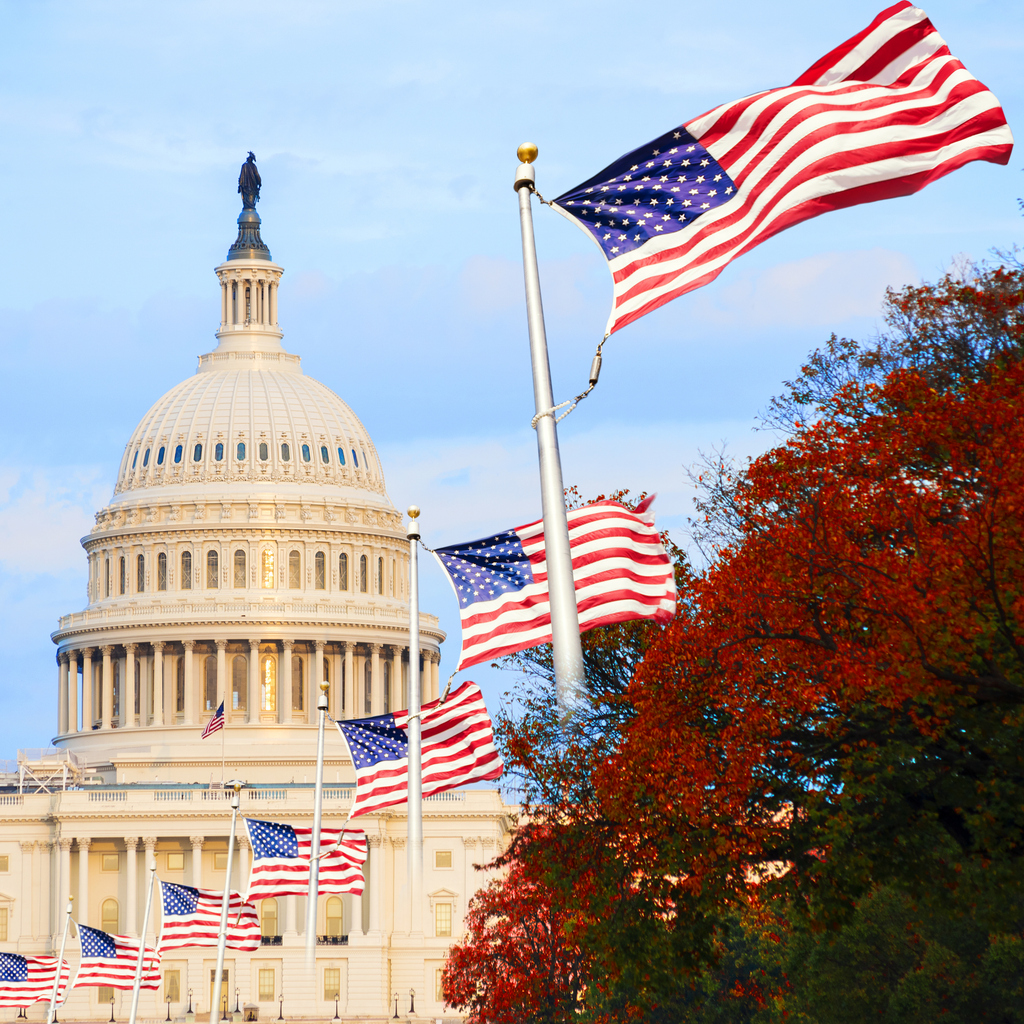A new survey by the Congressional Management Foundation (CMF) revealed that many congressional staffers value civility at work—yet very few believe their workplace is civilized.
The survey, partially funded by SHRM, found that just 1 percent of 135 senior staffers in the U.S. Congress were “very satisfied” with the state of civility in their workplace. Republican respondents (85 percent) were more likely than their Democratic counterparts to consider civility to be “very important.”
“Both Democrats and Republicans strongly feel that civility and bipartisanship among members and staff are requirements for a functioning Congress,” the report said. “But they do not view it as easy to build cross-partisan relationships, nor is there much incentive to do so.”
About two-thirds of both Republicans (66 percent) and Democrats (68 percent) “strongly agree” that congressional leadership should enforce the rules and norms of civility and decorum in Congress, but they differ on the finer points:
- More than half of Republicans (56 percent) felt “the agreed-upon rules and codes of conduct for senators and representatives are sufficient to hold them accountable for their words and deeds,” but over 4 in 5 Democrats (84 percent) disagreed with this sentiment.
- A significant number of staffers from both parties (44 percent of Republicans and 51 percent of Democrats) are “considering leaving Congress due to heated rhetoric from the other party.”
- Significantly more Republicans (59 percent) than Democrats (16 percent) are considering leaving Congress due to “heated rhetoric from my party.”
In the past year, there have been instances of House representatives openly heckling President Joe Biden during his State of the Union speech, using profane language and threatening violence against one another. There was even a report of a lawmaker physically lunging in anger toward a colleague in a closed-door meeting.
Stephen Paskoff, CEO of training company Employment Learning Innovations in Atlanta and a former litigator for the U.S. Equal Employment Opportunity Commission, said that Congress has principles and standards of behavior, but there is no actively operational way to enforce them.
“In the past, inappropriate comments resulted in ‘withdrawing’ improper remarks from the legislative floor,” he explained. “Now though, many uncivil, insulting and divisive comments are made outside of Congress, spreading virally for literally the world’s absorption.”
House Office of Diversity and Inclusion to Disband
The CMF findings come just days after the federal government announced the closing of the U.S. House Office of Diversity and Inclusion on April 1 as part of the government spending bill that passed last month.
The office was designed to cultivate the House of Representatives to reflect the nation’s diversity. Its main duties included financial management, candidate services, member services, research and data analytics, and professional development.
Members of the Congressional Black Associates, the Congressional Asian Pacific American Staff Association, the Congressional Hispanic Staff Association and the Senate Black Legislative Staff Caucus released a joint statement expressing their disappointment with the decision to close the Office of Diversity and Inclusion.
The groups said that the office “played a pivotal role in increasing diversity in Congress.”
“Unfortunately, the politicization of diversity, equity and inclusion initiatives has led to those resources being stripped away from Capitol Hill staff despite their impact,” the statement said. “Eradicating efforts that promote diversity and inclusion could reduce opportunities for staffers of color, creating further barriers to representation in a body that already does not adequately reflect the diversity of the country it represents.”
The elimination of the diversity office could worsen incivility in Congress, because research has shown that diversity can boost civility and create a healthy workplace. Inclusion, equity and diversity initiatives can also improve employee engagement, trust and sense of belonging.
[SHRM members-only how-to guide: How to Develop an Inclusion, Equity and Diversity Initiative]
Why Does Civility Matter?
Paskoff said that private employers have an advantage over Congress in preventing conflict, distrust and division because private companies generally have a core mission, vision, values and standards of behavior that are conceptually crafted to be shared by all members of their enterprise.
This set of rules typically outlines acceptable workday behaviors that can foster an environment in which employees can work out differences and handle conflict with civility.
However, recent research shows that incivility has pervaded companies nationwide.
A 2024 survey of over 1,000 U.S. employees by SHRM found that two-thirds of workers (66 percent) say they have experienced or witnessed incivility in their workplace within the past month, and over half (57 percent) have experienced or witnessed incivility at work within the past week.
The upcoming election will likely exacerbate tensions, potentially compromising civility at work. Understanding the prevalence of workplace incivility, SHRM recently launched its “1 Million Civil Conversations” initiative to promote inclusive and respectful workplace cultures where employees and businesses can thrive.
Paskoff called civility “the glue of organizational effectiveness in terms of talent development, recruitment and retention” and said it is key to how employers, both public and private, discuss and work through differences.
“In order for us to work through challenges, it’s vital that civility is the common thread,” he said. “Civility must be seen as a cultural imperative—like safety, honesty and integrity.”
An organization run by AI is not a futuristic concept. Such technology is already a part of many workplaces and will continue to shape the labor market and HR. Here's how employers and employees can successfully manage generative AI and other AI-powered systems.




